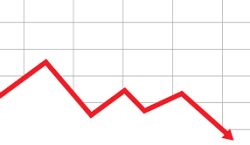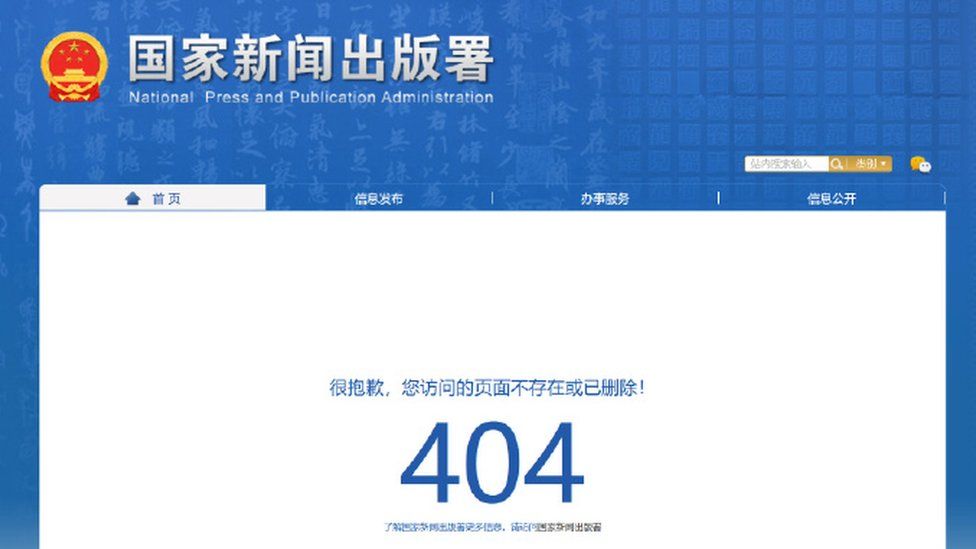

China seems to have backtracked on strict rules to combat what the regulator deemed “obsessive” gaming.
The National Press and Publication Administration (NPPA) had proposed regulations limiting the amount of money and time people spent playing video games.
However, on Tuesday the draft rules were no longer on the NPPA website.
China is the world’s biggest online gaming market, but the industry has had frequent run-ins with the authorities.
The new rules would have limited in-game purchases. Incentives such as daily log-in rewards for gamers would also have come under fire, while the introduction of a pop-up warning players of “irrational” behaviour was proposed.
Share prices of Chinese gaming firms – including the world’s biggest gaming company Tencent Holdings and its rival NetEase – jumped after the apparent U-turn.
They had plummeted after the rules were first proposed in December, wiping nearly $80bn (£63bn) off the value of the two companies.
However, analysts say the sector is still clouded by uncertainty about what the government might do next.
“I think this type of sentiment will probably last for quite some time, unless we get a very drastic turnaround in government rhetoric, or unless we get some super supportive policies,” said Ivan Su, senior analyst at Morningstar.
“We don’t know if it’s going to happen in a week, in a couple months, or in a couple of years.”

China’s largest crackdown on gamers came in 2021 when children were banned from playing for more than an hour on certain days.
That same year, the government stopped gaming licences from being granted for eight months.
As a result, says Mr Su, “a lot of Chinese developers have started shifting their development pipeline toward overseas games”.
NetEase and Tencent acquired or invested in companies in the likes of France, Japan and the United States.
It remains to be seen whether the current uncertainty will prompt another wave of overseas expansion. – bbc.com
Sorry. No data so far.

